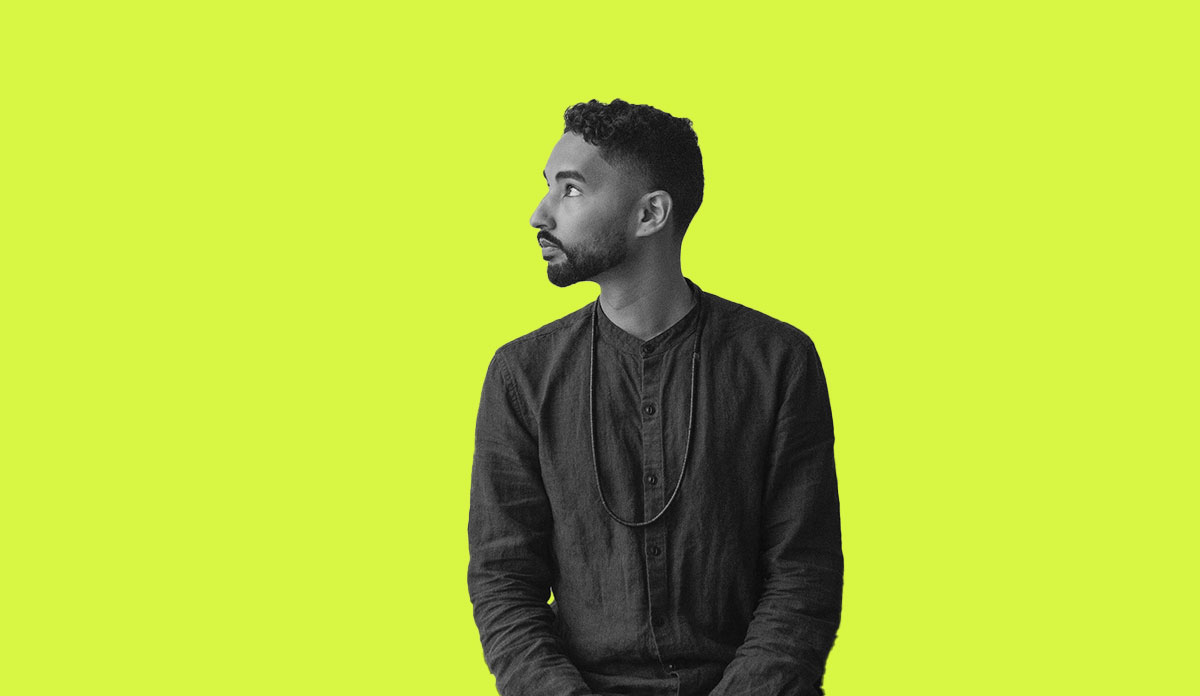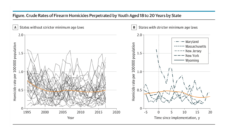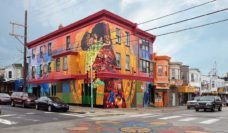Public Health Post: What was the genesis of The Bigger Picture project?
Gabriel Cortez: It started in 2012 as a collaboration between Youth Speaks and the UCSF Center for Vulnerable Populations. Our goal is to lift up the voices of young poets who are speaking directly to their experience of Type II diabetes.
The project itself takes a lot of different forms. It looks like PSA style poetry videos. It looks like residencies within schools, where we do multi-week workshops with students. It looks like school assemblies where we share these poems with our young folks. It also looks like campaigns with folks on the ground who are pushing for policies to shift the structural and material conditions of our peoples.
How was The Bigger Picture project impacted by Covid-19, especially given that diabetes is associated with greater Covid mortality?
When working with young folks, it is important to talk about what is urgent to them, and Covid-19 was suddenly the most urgent thing in the room. We had to talk about the incredible grief and loss of this moment, and make room for young folks to make sense of the world.
So we expanded the project to first see the bridge between Type II diabetes and the risk of Covid-19. Then we wanted to talk about public health more broadly. We started to discuss the social and environmental conditions that contribute to not only diabetes and Covid-19, but other forms of structural violence like climate change and police violence. We started pointing to the root causes of these issues, like colonization, capitalism, and white supremacy.
What is the power of peer-to-peer engagement when talking about Type II diabetes?
We believe that as educators, you need to know how to get out of the way. We fight against the idea of young people as empty vessels that teachers fill with knowledge. Rather, we know our young folks are deeply literate and deeply knowledgeable.
And so we find that when information comes from that grassroots place of young folks who are most directly impacted – from Black folks and Latinx folks – that is when there are possibilities for revolutionary moments and real shift.
How have you found poetry to be an effective form of health communication?
Poetry can mean different things to different people. Our approach stems from a populist relationship with poetry. It’s this idea that poetry is just how we talk. In poetry, you don’t have to worry about spelling or grammar. You just speak truth and say what is urgent on your heart.
In poetry, you can fit so much into a tiny space. Sometimes one line can really connect the personal to the political; it draws a bridge between my lived experience to something as big as structural violence. Sometimes that one line in poetry can do something a paper or an essay cannot.
How have you seen youth take what they learn and advocate for change?
It happens on a lot of different levels. One level that I think is really beautiful is within schools, like when young folks start asking for healthier snacks to be brought to their club meetings.
On a bigger scale, we’ve had young folks perform at city council meetings and advocate for wellness programs at their schools.
What advice do you have for youth who want to influence public policy?
First, find your community. Find folks who are going to cheer you on, who are going to give you permission to try things out, and who are going to be a listening ear.
I would also say real shift happens in small moments, from one trusted person to another. When we are speaking to each other, we are planting seeds. You would be surprised what blossoms later when we ask the right questions.
And remember, you don’t have to have all the answers. It is okay to be wrong and it is just as important to have your ears open and listening too. Just do not be shy with it. You probably have something to say that someone really needs to hear right now.
Photo provided by Gabriel Cortez














